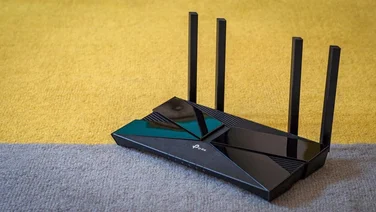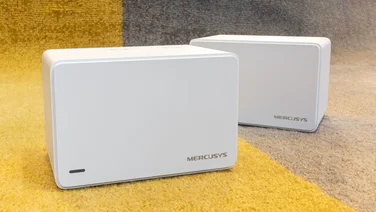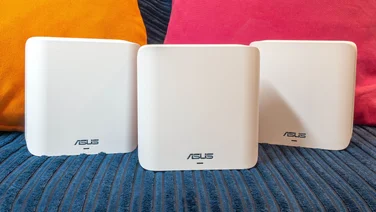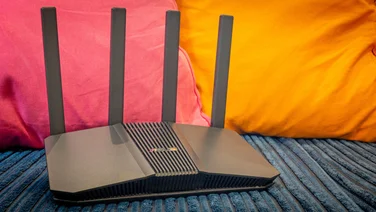To help us provide you with free impartial advice, we may earn a commission if you buy through links on our site. Learn more

LaCie’s 500GB Internet Space looks striking in its unadorned glossy white case. It’s quiet, too, as it doesn’t have any cooling fans, although the underside can become very hot. The discovery and configuration utility on the included CD sets up the Internet Space in a few minutes. Each user gets a password-protected My Library folder, and there’s an unprotected Family Library folder for sharing files between users. It’s easy to grasp if you’re new to network storage, but it’s not as flexible as the more customisable users, groups and folder management schemes of other devices. The utility also installs a QuickConnect program on your computer for quick access to your network storage. Although you can access your files without it, performance slows to a crawl, so you need to install it on any PC that needs access to your network storage. Even with QuickConnect installed, the Internet Space was still one of the slowest NAS devices here, as its single-digit benchmark scores show. Once you have configured port forwarding on your router, either manually or with help from the web configuration interface, you can access your files from any internet-connected computer through the homelacie.com website. A Java program that runs in your browser allows you to download files to a remote computer and upload files to the Internet Space merely by dragging and dropping them. We had no trouble using the Internet Space as a UPnP media server or using it to share a USB printer across our network. It’s one of only two NAS devices here that iTunes recognised as a music server, although it wouldn’t display any of our playlists. You can’t share the contents of a USB disk across your network, but you can at least back up the contents of the Internet Space’s 500GB disk to a USB disk.
LaCie’s Internet Space costs just 23p per gigabyte but its sluggish performance lets it down. If you want access to your files over the internet without using FTP, though, its performance will be less of an issue.






